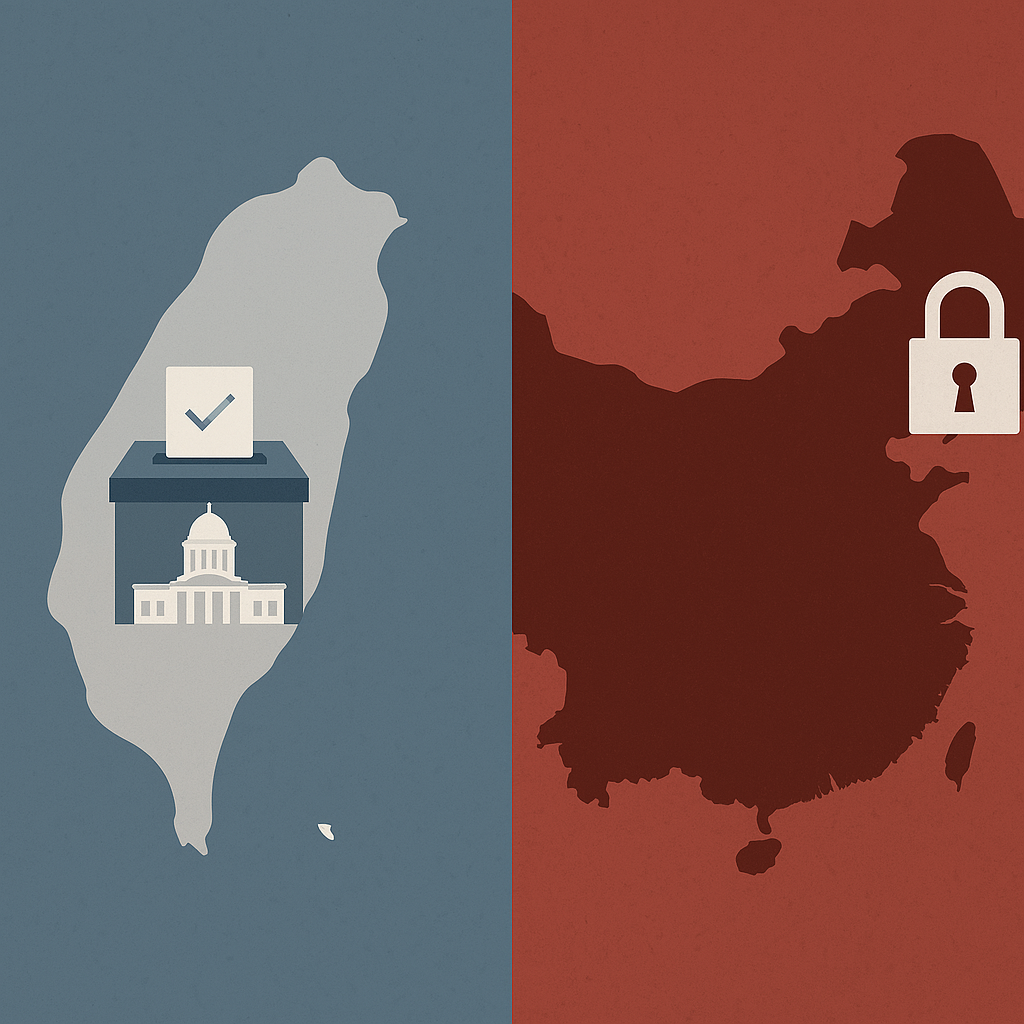Reality and Choice: A Different Perspective on the Taiwan Issue

When it comes to the Taiwan issue, many discussions remain stuck on historical claims — as if finding the right map or document from the past can define today’s political reality. But history belongs to the past. What matters now is the situation on the ground.
Since 1949, after the Chinese Civil War, the Republic of China (ROC) government relocated to Taiwan. Since then, Taiwan has operated under its own political system, with independent governance, military, economy, and social structure. While it still uses the name “Republic of China,” the state functions entirely around Taiwan, with no practical connection to mainland China’s administration.
In effect, the ROC has long lost its control over mainland China, and its survival on Taiwan has evolved into a separate political reality. Continuing to claim sovereignty over all of China only deepens the disconnect between history and current facts. A clear and honest recognition of this evolution is necessary for any meaningful progress.
Taiwan has developed along a very different path. Through democratic reforms, it has established a society based on political pluralism, media freedom, and civil liberties. Meanwhile, mainland China remains under one-party rule, with significant differences in governance style, legal systems, and societal openness.
This divergence shows that the core issue is no longer just about territorial unity, but about values, systems, and identity. Over time, most people in Taiwan have come to accept the current situation as both stable and preferable. This sentiment is not driven by emotion, but by lived experience.
The international community has taken note. Even though most countries officially follow the “One China” policy, Taiwan continues to participate in global trade, academic exchanges, and informal diplomacy. These practical engagements reflect a recognition of Taiwan’s political and social reality, even if not always stated outright.
Improving cross-strait relations requires more than slogans or pressure — it depends on trust, respect, and compatibility. If a political system is open, accountable, and attractive, others may naturally feel closer. If it relies on coercion, censorship, and fear, distance becomes inevitable.
Unification should not be seen as a goal in itself, but as a possible outcome — one that depends on mutual understanding and voluntary alignment. It cannot be forced, nor rushed.
The Taiwan issue is not only about sovereignty. It is also about identity, governance, trust, and the kind of future people want to live in. A sustainable resolution requires patience, realism, and the humility to accept that people on both sides must want the same thing — freely and without fear.